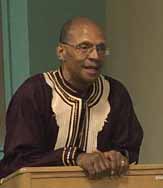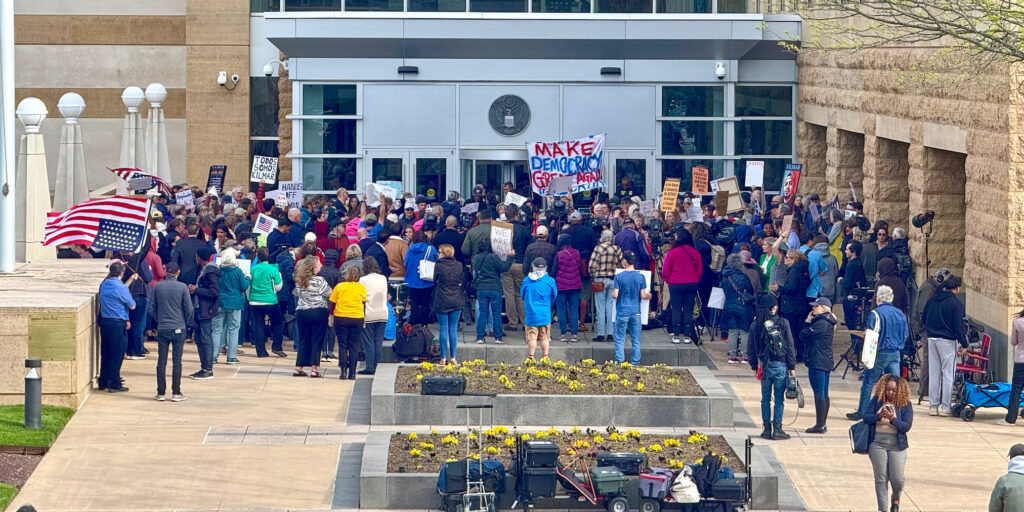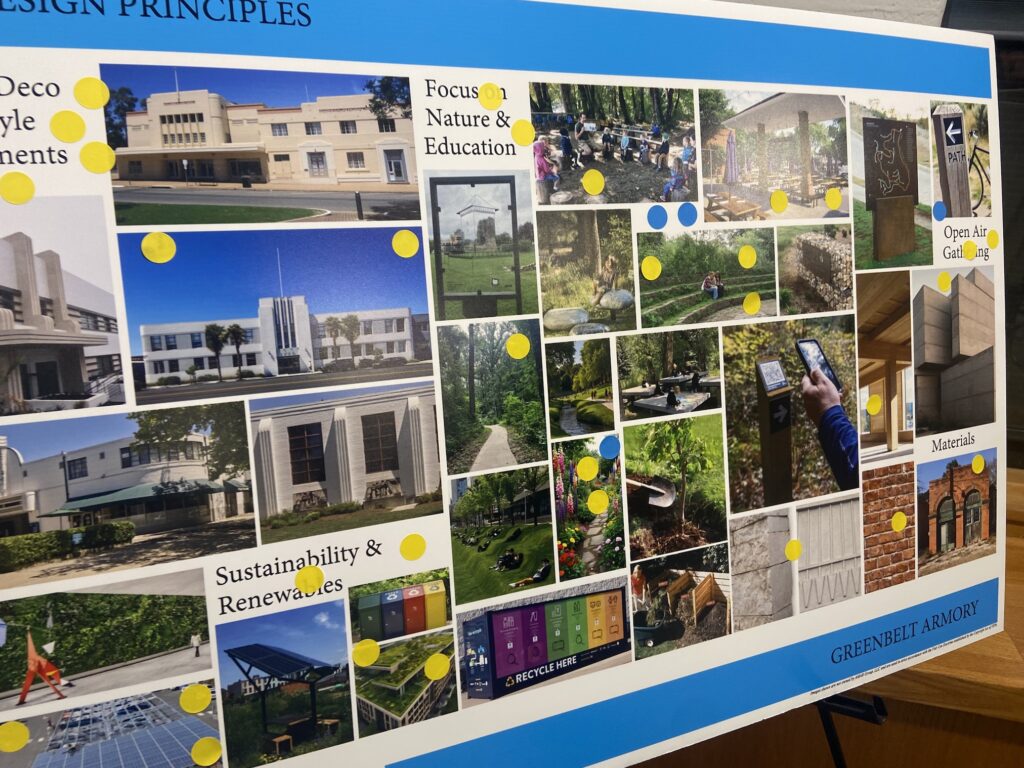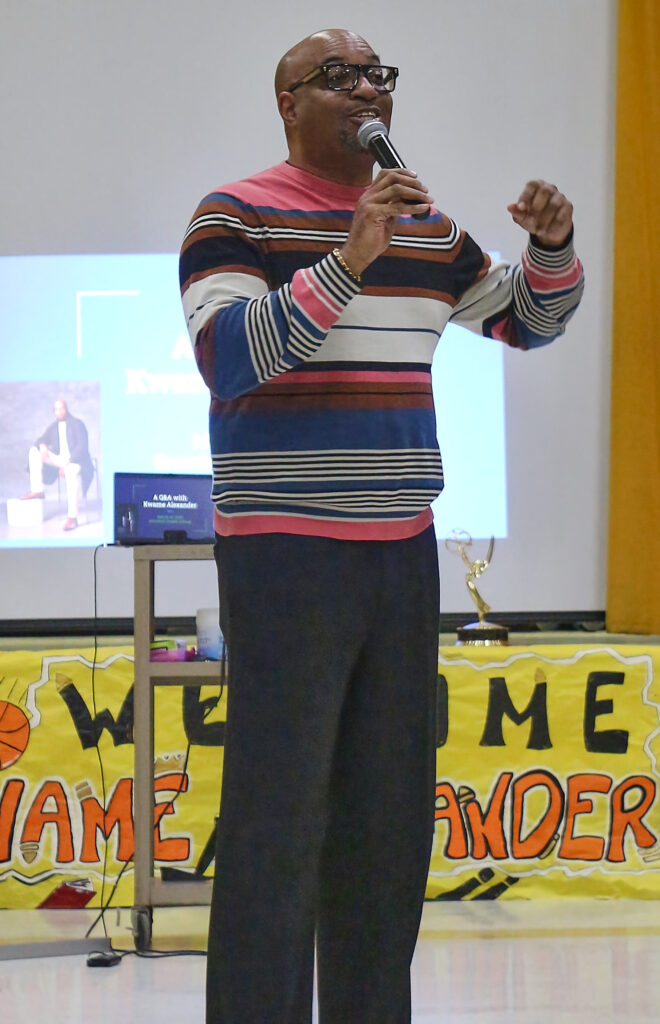Historian C.R. Gibbs described the challenges and victories of African American suffragettes to an engaged audience at the Greenbelt Library on Tuesday, February 11. Gibbs is the author or coauthor of six books on African American history and won the 2008 Award for Excellence in Historic Preservation in Public Education from the D.C. Preservation League. “I seek … to present the history of our people in a full and fair manner,” Gibbs said. In the lecture titled We Are Rising: The Story of African American Women and the Vote, Gibbs chronicled multiple African American suffragette heroes from across the country over many decades, including Elizabeth Piper Ensley, Harriet Tubman, Ida B. Wells, Nannie Burroughs, Thelma Glass, Lenora Fulani and many more. “Black women often lead the way for the vote, and yet remain unknown,” Gibbs said. “It is our hope that this year, in the centennial of the constitutional amendment giving women the right to vote, the crucial role of black women will not be forgotten.” African American suffragettes had to contend with barriers that white women did not, including exclusion and backlash from white women them – selves. “White women turned their back on black women,” Gibbs said. “It was up to black women and black men to once again fight for their rights.” The back – lash was not humane. In asserting their voting rights, African American suffragettes faced an intersection of racism and sexism in the form of cruel media portrayals and sexual and physical violence. The 19th Amendment, which granted women of all colors the right to vote in America, was ratified on August 18, 1920. However, for African American woman, the battle was not over.
“Yes, black women could now vote,” Gibbs said. “But not really. They had the right in law, but not in fact.” Backlash continued and African American women kept fighting for human rights. “We want the story of these women to be known,” Gibbs said. The lecture did in fact bring the women’s stories to light for audience members, who said that traditional education didn’t teach them about many of the prominent women mentioned in the lecture. “It’s good to know there is someone still around giving us history that we should know,” said Krystina Tucker, who came from Forestville to hear Gibbs speak. Tucker attended with a friend from the capital, Yvonne Liser, who said the event was an excellent example of using the Library to learn. “[Libraries] offer so much to us for free,” Liser said. “It doesn’t make a difference who you are or what the topic is, just go.” There are six more chances to attend one of Gibbs’ lectures at Greenbelt Library, with topics ranging from black pirates to black teens in the civil rights movement. All are part of the Spring 2020 African History and Culture Lecture Series.




